What is your current job title? What does your job involve?
Project Manager at Children & the Arts
I manage a range of three-year partnership projects delivered by arts venues in schools and children’s hospices across the UK: 15 Start projects, two Start Hospices projects and the ‘Take pArt’ visual art challenge for young people in London and Essex.
What’s great about your job?
Children & the Arts works throughout the UK, from Southampton up to the Shetlands, across all art forms and in a wide range of settings, which is really diverse and interesting work. I feel really passionate about increasing access to the arts for young people who might not normally be able to participate due to social, economic or geographical reasons, or due to a life-limiting condition or disability. We also have a range of exciting fundraising events across the year such as concerts or quizzes, that the whole team get involved in.
And what’s not so great, or challenging?
It can be a challenge to adapt to the constantly changing landscape in the arts, health and education sectors. The pressures on schools, children’s hospices and arts organisations are constantly increasing. As an organisation we are challenged to stay up-to-date with developments in these sectors, adapting the work we do to make sure we can best support organisations in delivering our programme and reaching the children and young people most in need.
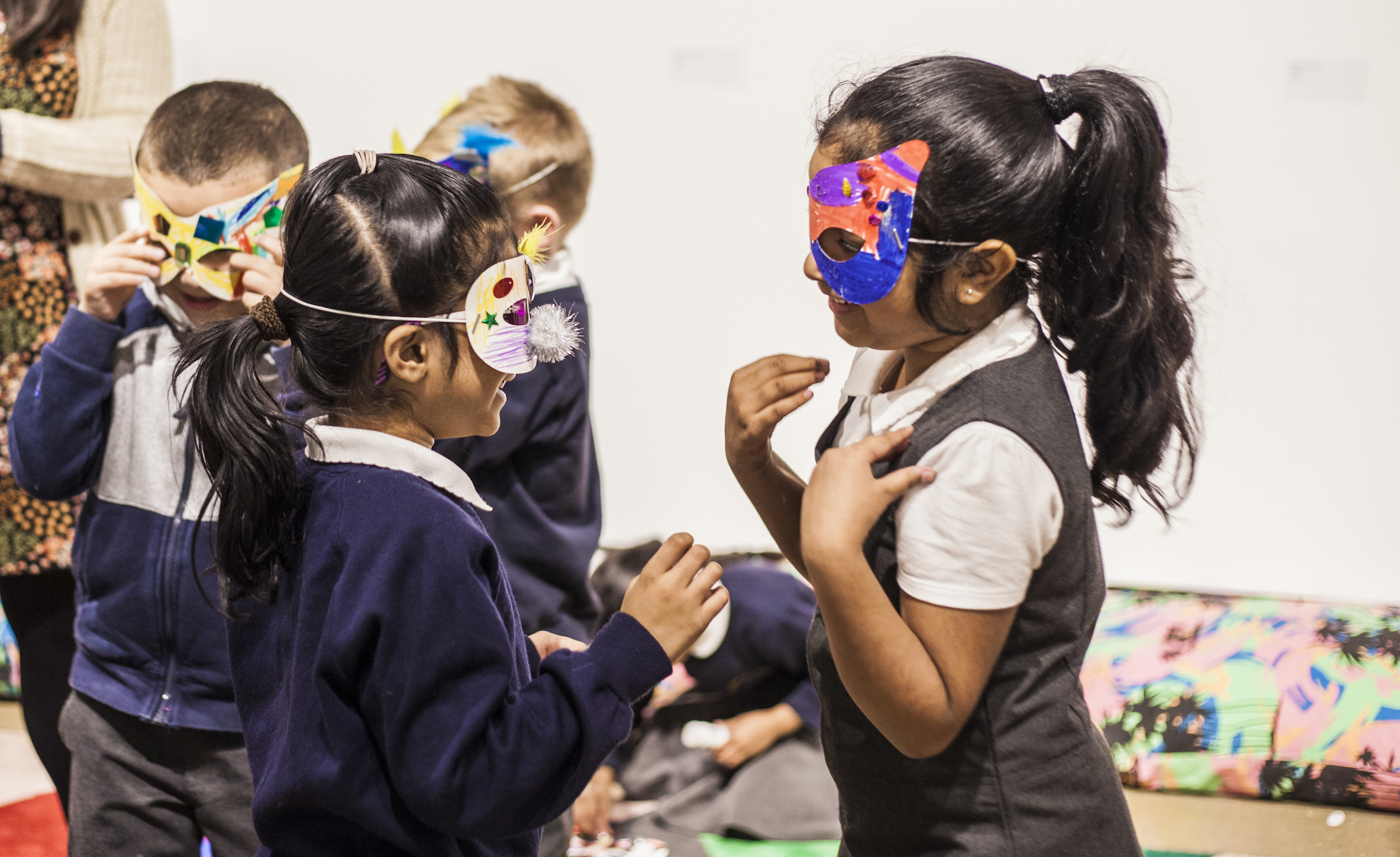
What are the highlights of your career to date?
I trained as a community music facilitator over 20 years ago and then moved into project management through an MA in Arts & Cultural Management. Throughout my career I have been lucky enough to work on some really exciting regional and national arts participation programmes involving thousands of participants, such as the Olympic Legacy programme. I would say that the real joy of the work is observing the transformational impact that taking part in arts activities has on the lives of participants, increasing their creativity, aspirations and self-esteem.
What has been the biggest challenge in your career, and how did you overcome it?
Being a project manager in the arts sector can mean that due to funding, contracts are often part-time or temporary. This requires a certain resilience and tenacity, but my passion for the work has driven me, as it is so fulfilling. Relationship-building is really important: the contacts I have made through the projects I have managed has connected me to networks of individuals and organisations across a range of sectors, which has ensured that I have always been able to create or discover new opportunities.
Why did you want to work at Children & the Arts? Have you also worked outside the creative sector?
I was drawn to working with Children & the Arts as I felt their vision and ethos is aligned with my own. I was particularly impressed by their commitment to delivering long-term, sustainable projects that continue long after funding has ended. I have always worked in the creative sector but some of my previous employers have been local authorities, health charities or education institutions. In addition, many of the programmes I have delivered have been in partnership with organisations from community, education, heritage, sports, faith, local authority, youth services, children’s services, health, mental health, justice, voluntary and environmental sectors.
How do Children & the Arts choose which arts organisations to collaborate with?
We try to ensure that there is an even geographical spread and range of organisations working across all art forms. Regional organisations such as Arts Council England Bridges help us identify any geographical or sectoral ‘cold spots’ where we can initiate work, to make sure that we reach the children and young people who will benefit the most.
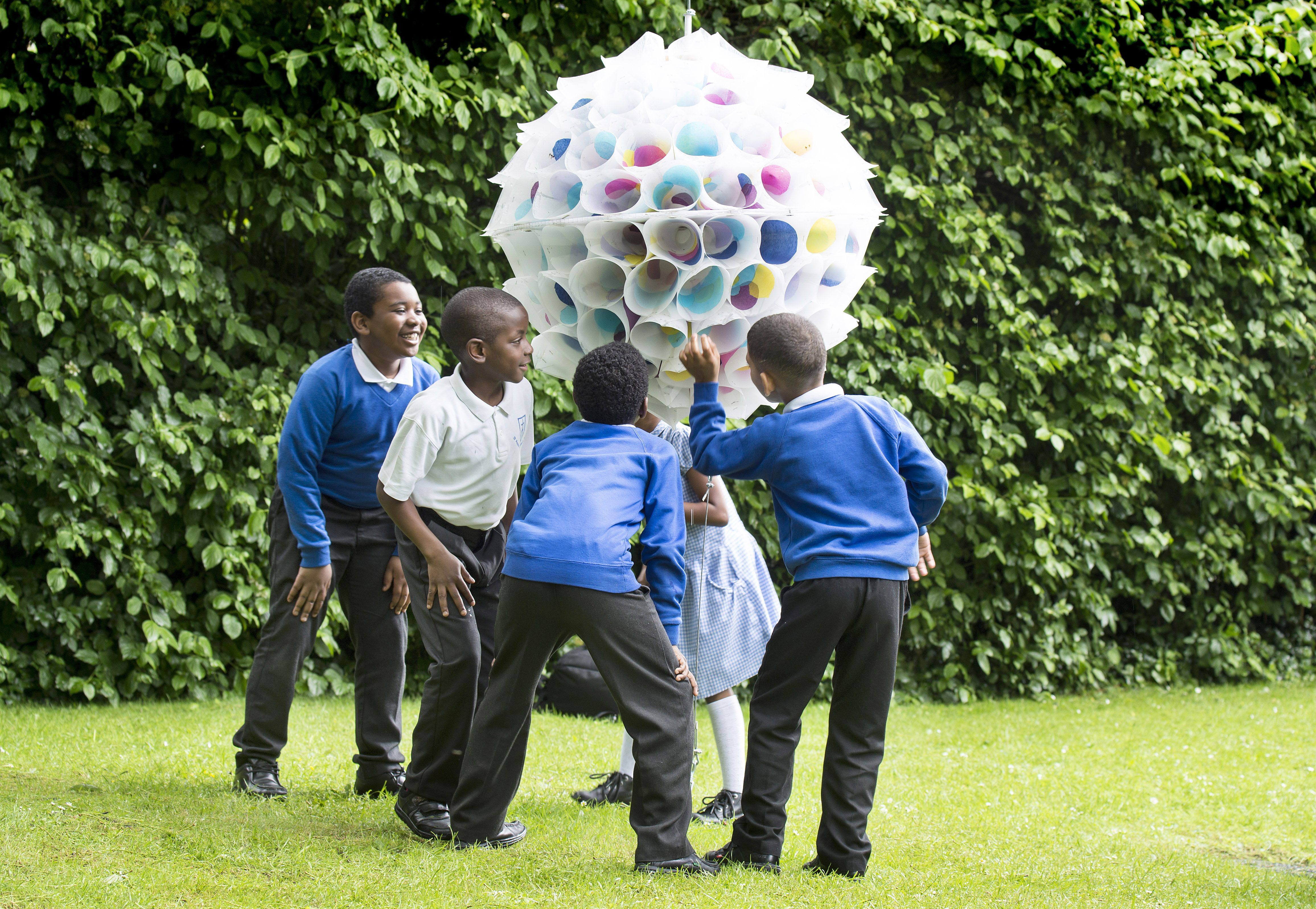
Why is arts engagement so important?
There is a large body of research regarding the social and economic impact of arts engagement, especially at an early age. Research from the Cultural Learning Alliance shows that: learning through arts and culture improves attainment in all subjects; participation in structured arts activities increases cognitive abilities; students from low-income families who take part in arts activities at school are three times more likely to get a degree; employability of students who study arts subjects is higher and they are more likely to stay in employment; and that students who engage in the arts at school are twice as likely to volunteer and are 20% more likely to vote as young adults.
At Children & the Arts we believe that participating in the arts helps children to understand the world around them; it overcomes barriers, improves communication and academic skills, and sparks the imagination. For children in hospice care, arts activities allow participants to express themselves in nonverbal ways whilst giving families the opportunity to bond. These opportunities can have a profound impact on personal fulfilment, encouraging relaxation, stress-reduction and supporting symptom relief and physical rehabilitation.
For example, one parent from our Start Hospices programme said: “These types of activities are not easily available for children with complex disabilities. It is really important for my daughter to enjoy what she is doing in a relaxed environment and to have the chance to do different things.” In a broader sense, I believe that the arts and culture are essential to a fully-rounded, civilised society.
What more do you think should be done to increase levels of participation?
Many children suffer from educational disadvantage, unable to access a rich and inspiring education due to school funding cuts, changes to curriculum, rural isolation, economic disadvantage and physical disability. Lack of information or confidence in trying out new arts activities and negative perceptions of cultural venues can also dissuade families from taking part.
Removing these economic, political, geographical, cultural or accessibility barriers can mean that more people engage with arts participation opportunities.
Through Children & the Arts’ programmes we aim to address these barriers, raising sponsorship and funding and building strategic partnerships with local, regional and national arts and education organisations to guarantee that we reach the children who will most benefit. Over the last 15 years we have worked with 123 cultural venues for a minimum of three years to deliver programmes that have enabled almost 450,000 children and young people to make repeated visits to cultural venues and take part in workshops with professional artists in health and education settings. We have worked with more than 1700 schools to provide sectoral development such as training, peer networking, and signposting to new opportunities such as Arts Award and Artsmark.
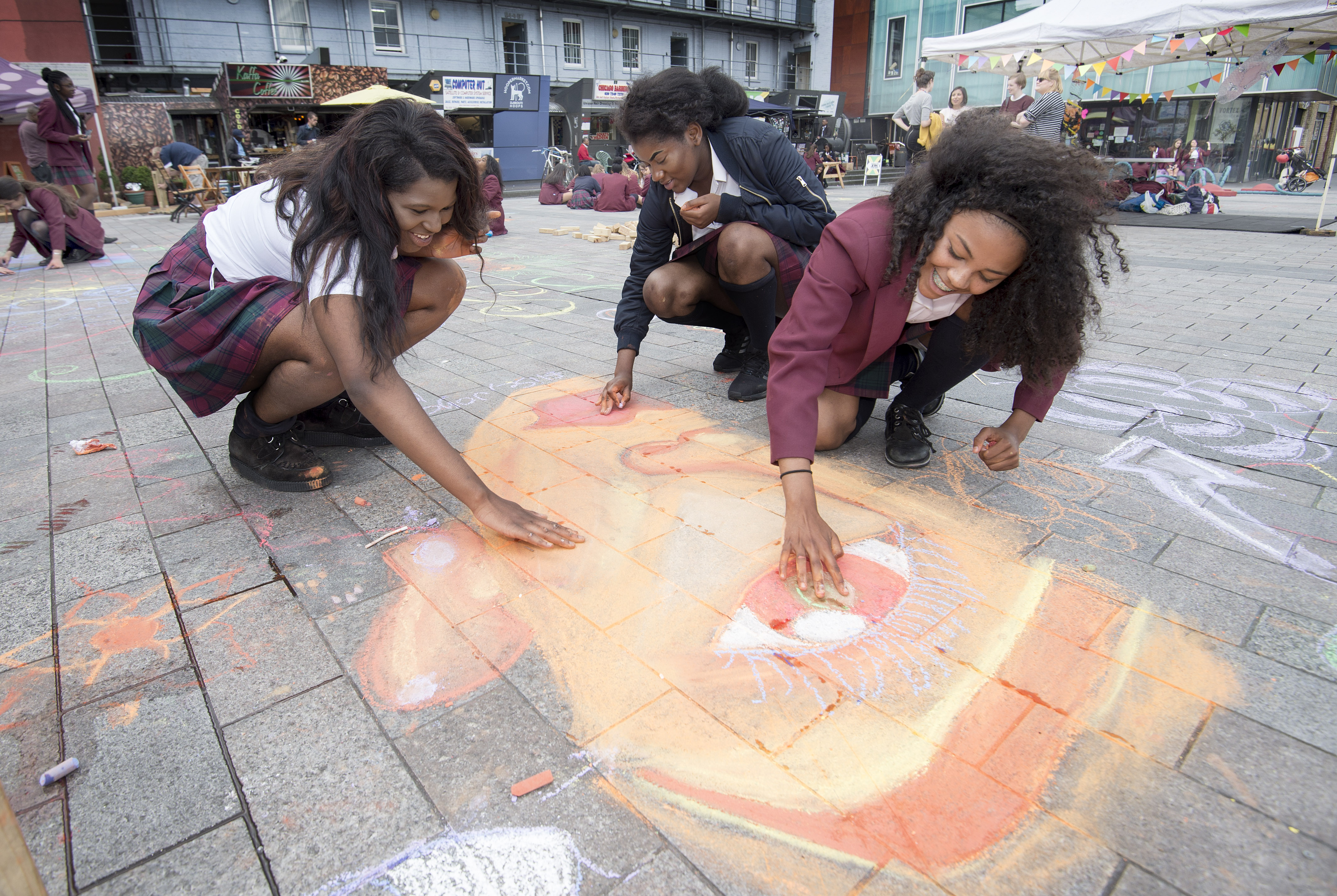
What advice would you give to 16-year-old you?
I would tell her to think big and keep practicing the piano!
Do you have any advice for young people interested in project management?
I would advise any young person interested in project management to approach their local arts venues and try to volunteer on a range of projects to get an idea of the different types of projects there are. I would also suggest perhaps getting some experience of project delivery through Arts Award Gold, internships or apprenticeships.
Where can people find out more about your work?
Visit www.childrenandarts.org.uk
Want more tips on working in the arts? Head on over to Creative Choices, a website filled to the brim with advice on how to get into the arts.

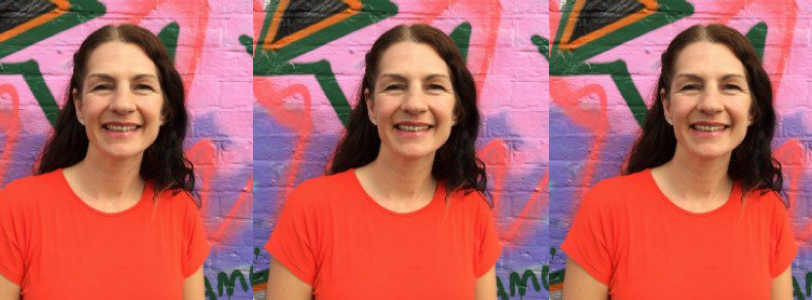




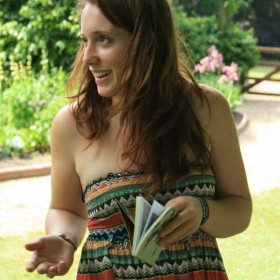



Really interesting interview, with lots of insight into the sector!